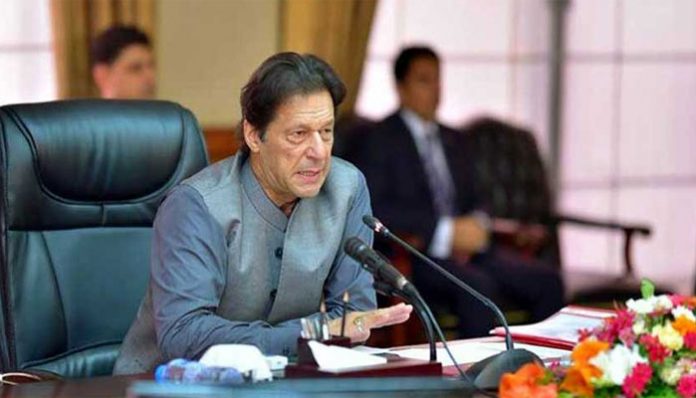- PM was informed that the main reason behind environmental pollution in Punjab was smoke emitted by the vehicles
ISLAMABAD: The Ministry of Climate Change was directed on Friday to finalise an electric vehicle policy in the next two weeks and present it before the federal cabinet for approval, a private media outlet reported.
Prime Minister Imran Khan gave these directions while chairing a high-level meeting on climate change in Islamabad on Friday.
The prime minister was informed that the main reason behind environmental pollution in Punjab was smoke emitted by the vehicles. The ministry officials stressed the need for promotion of electric vehicles to reduce carbon emissions.
These vehicles would not only help cut oil import bill but would also address issues stemming from climatic changes, they stated.
The prime minister was also briefed about the steps taken to combat smog in Punjab and the impact of climate changes in Gilgit Baltistan and Azad Kashmir.
PM Imran Khan emphasised the need for coordination among the federal and provincial institutions to respond effectively to any flood-like situation in the summer season.
The meeting was informed that a ban would be imposed on the usage of plastic bags in the federal capital territory from 14th August this year. Rules and regulations to this effect have already been framed.
Progress made so far on the ten billion tree plantation campaign was also discussed in the meeting.





We will appreciate the Government if it’s takes steps to impose ban in Plastic bags like local people did in Hunza. This menace has brought hovac to the environment in the entire country. Also there is an acute need of manufacturing and ecourage environmental free automobile industry like electric cars. This will not only reduce pollution but will also improve health conditions of the people in big cities.